User: | Open Learning Faculty Member:
This project was a real challenge for me. I had a very limited window of time between when the ice and snow melted in Whitehorse and when I moved down south, in which I had to make observations, come up with an idea, and gather data. After I had moved I discovered that my sample size was probably too small, but by that time it was too late to gather more samples and I had to make due with what I had recorded.
I made numerous changes to almost every component of my study as I was conducting it. I revised the organism I intended to study, my study site, my sampling methods, my graph layouts, etc. With each revision there was something to be learned, ranging from the need for specificity in order to frame an experiment, to how to convey information most effectively through tables and graphs. I particularly enjoyed my time learning to use Excel, which seems like an extremely powerful program with many applications. I also enjoyed making observations and collecting samples in a beautiful setting. Engaging with living systems as such is a joy.
In future studies, I will take more time to research the species and ecologies relevant to my organism. This will enable me to determine how to go about collecting samples and how many samples to collect. This would also help ensure that I’ve not built a hypothesis or experimental methods on falsehoods.
The process of developing ecological theory now strikes me as a painstaking and labor intensive effort. The sheer volume of data necessary to track certain ecological trends, especially over timescales relevant to long-lived organisms, is daunting. Reading through sections of Clement’s book, I was struck by the life-long dedication required to acquire enough theoretical knowledge and personal observations to bring certain ideas to fruition. In attempting to come up with a hypothesis, I found myself hampered by how little I knew about my local ecosystem. I now appreciate that a prerequisite to insightful questions is often having a relationship with the living systems you’re observing. Conducting this study has been a very informative experience in ways that go well beyond the content of the project itself.
